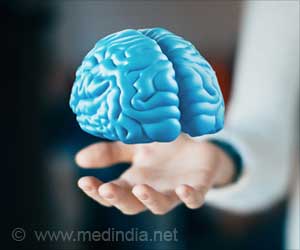World-first breakthrough drug helps athletes and blast victims to halt dementia after multiple head injuries.

‘People who sustain even one head injury are 25% more likely to develop dementia later in life and the risk increases with multiple traumatic brain injuries. The world-first breakthrough drug that helps athletes and blast victims to halt dementia after multiple head injuries have now been successfully tested in animal models and thereby awaits its entry into clinical trials.’





Chronic traumatic encephalopathy (CTE) is a progressive and fatal brain disease associated with the accumulation of a protein known as hyperphosphorylated tau which affects cognition and behavior. Head Injury and Dementia
It is reported that people who sustain even one head injury were 25% more likely to develop dementia later in life and the risk increased with multiple traumatic brain injuries. The present study successfully demonstrates the way to block it with a specially developed drug, as tested in animal models.
The study states that the brain releases a neurotransmitter (chemical messenger) called substance P in the event of a head injury. This causes abnormal amounts of the tau protein to accumulate inside the neurons (brain cells).
"Tau protein tangles are a feature of CTE, which reportedly leads to memory problems, confusion, personality changes, aggression, depression and suicidal thinking. Our research shows that by blocking substance P with a specific drug, we can prevent the tau protein tangles from developing in the brain and causing neurological problems," says UniSA Emeritus Professor Bob Vink, author of the study.
Advertisement
Source-Medindia














